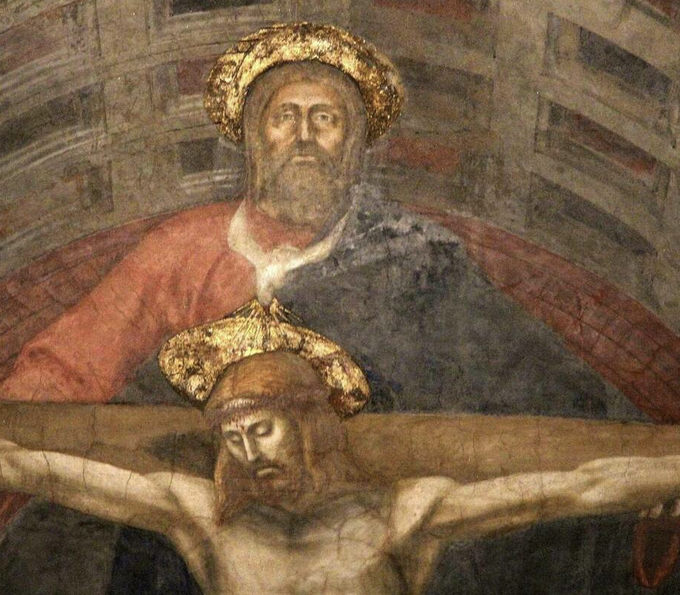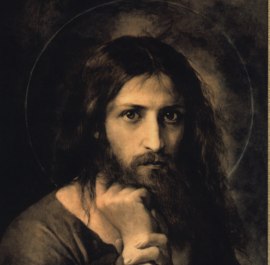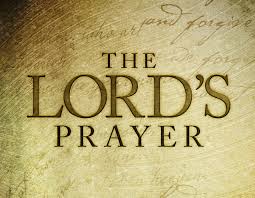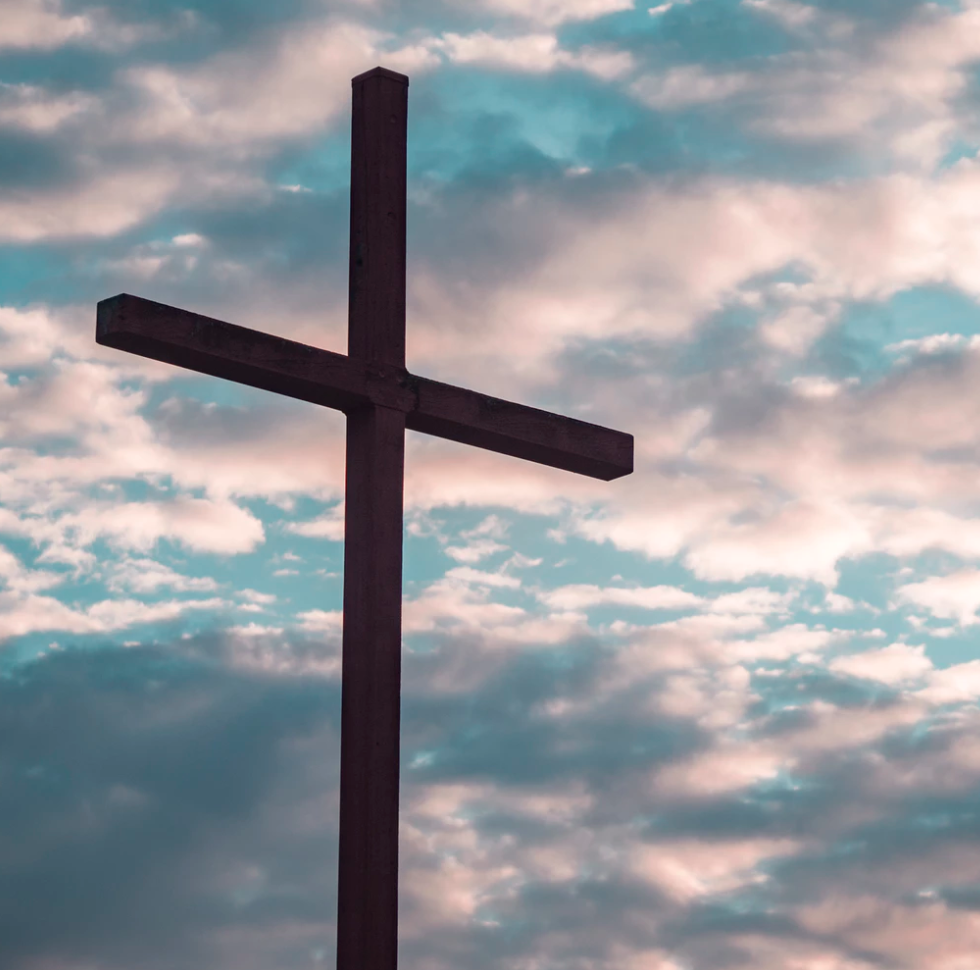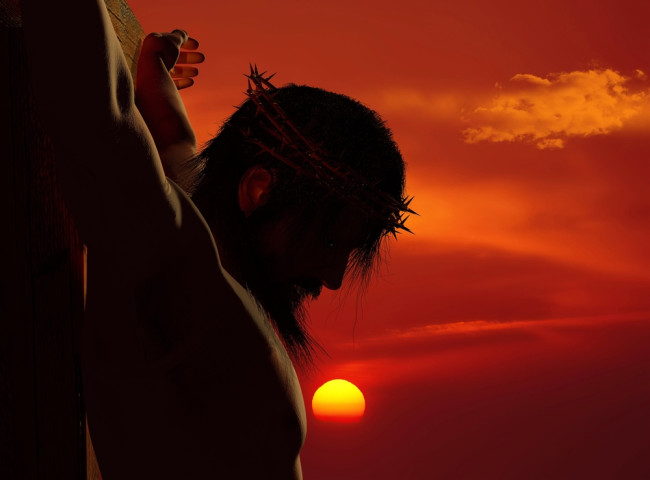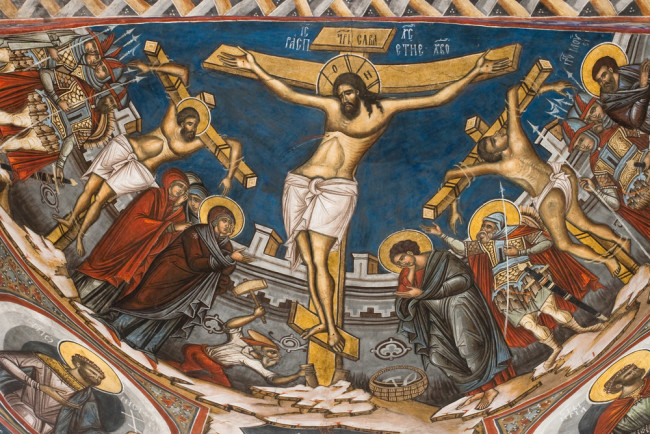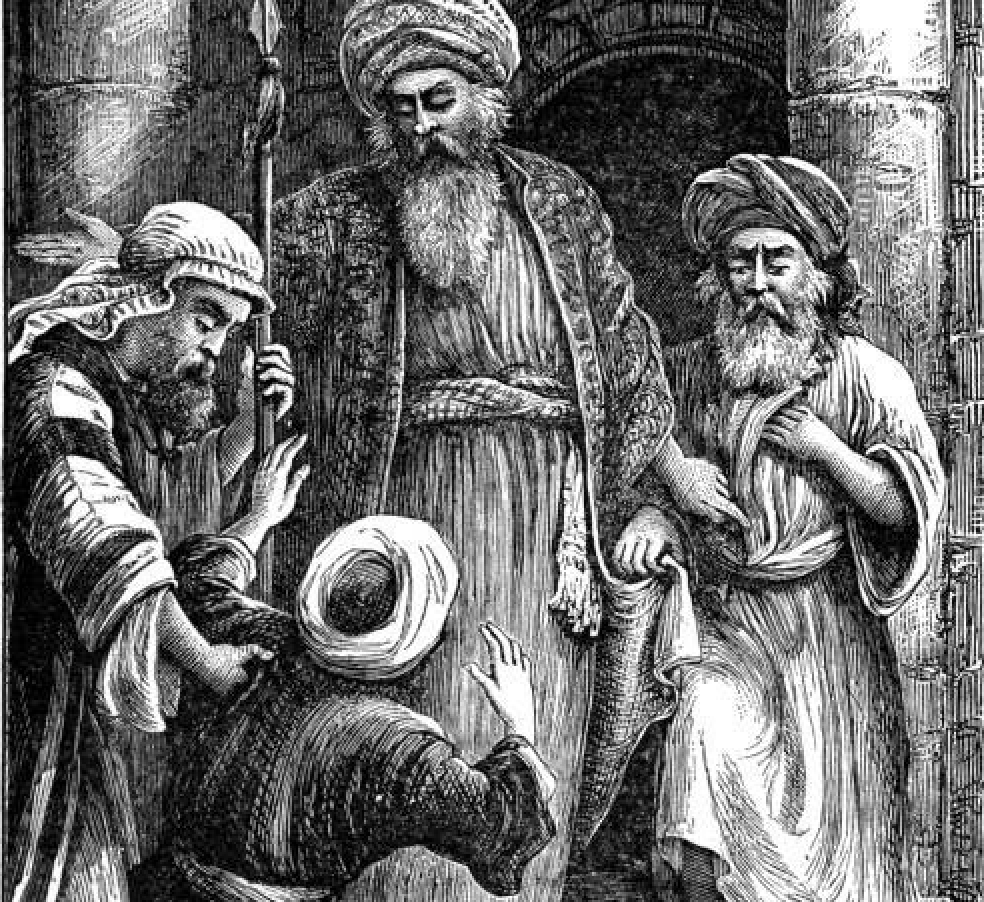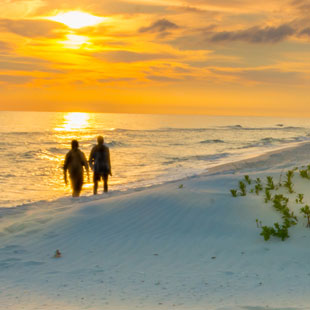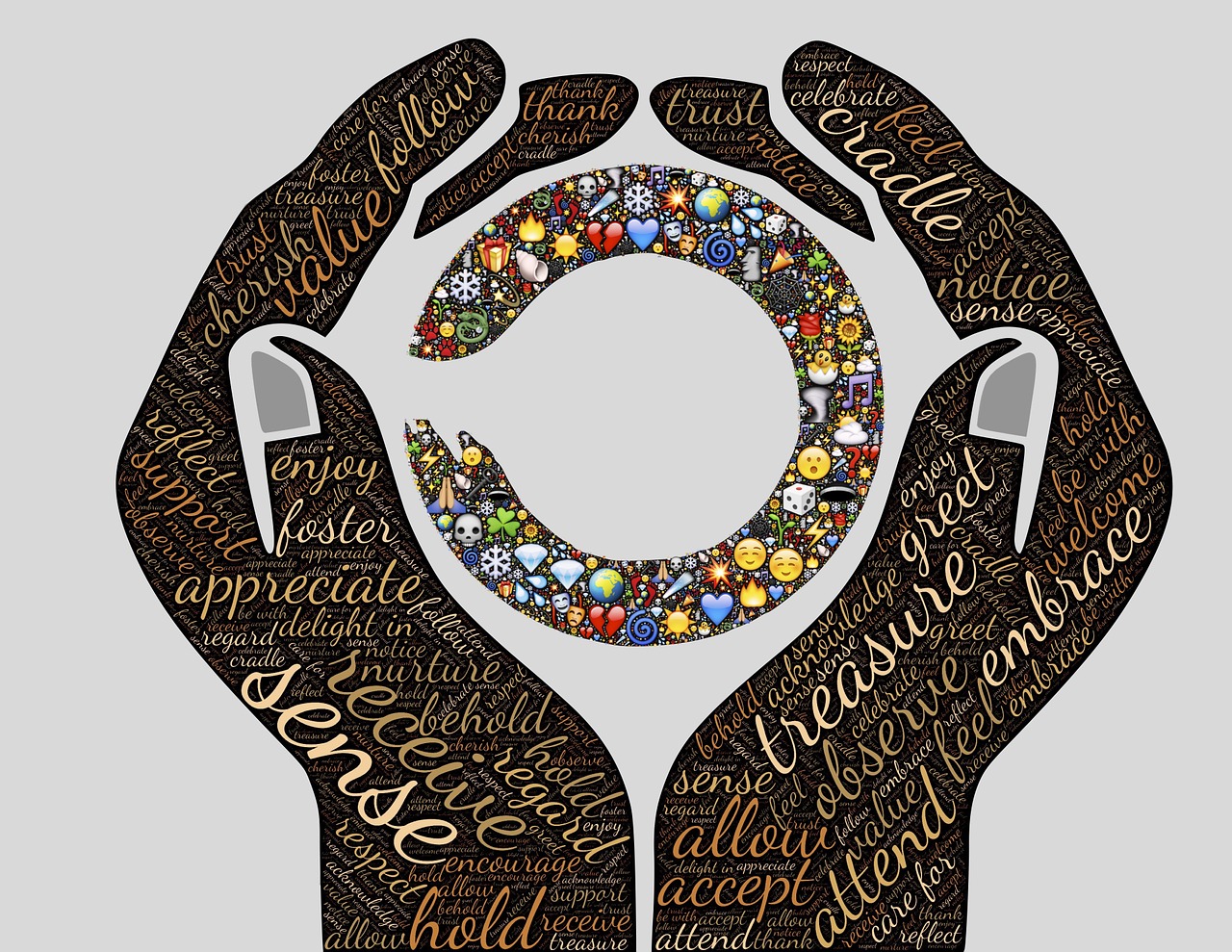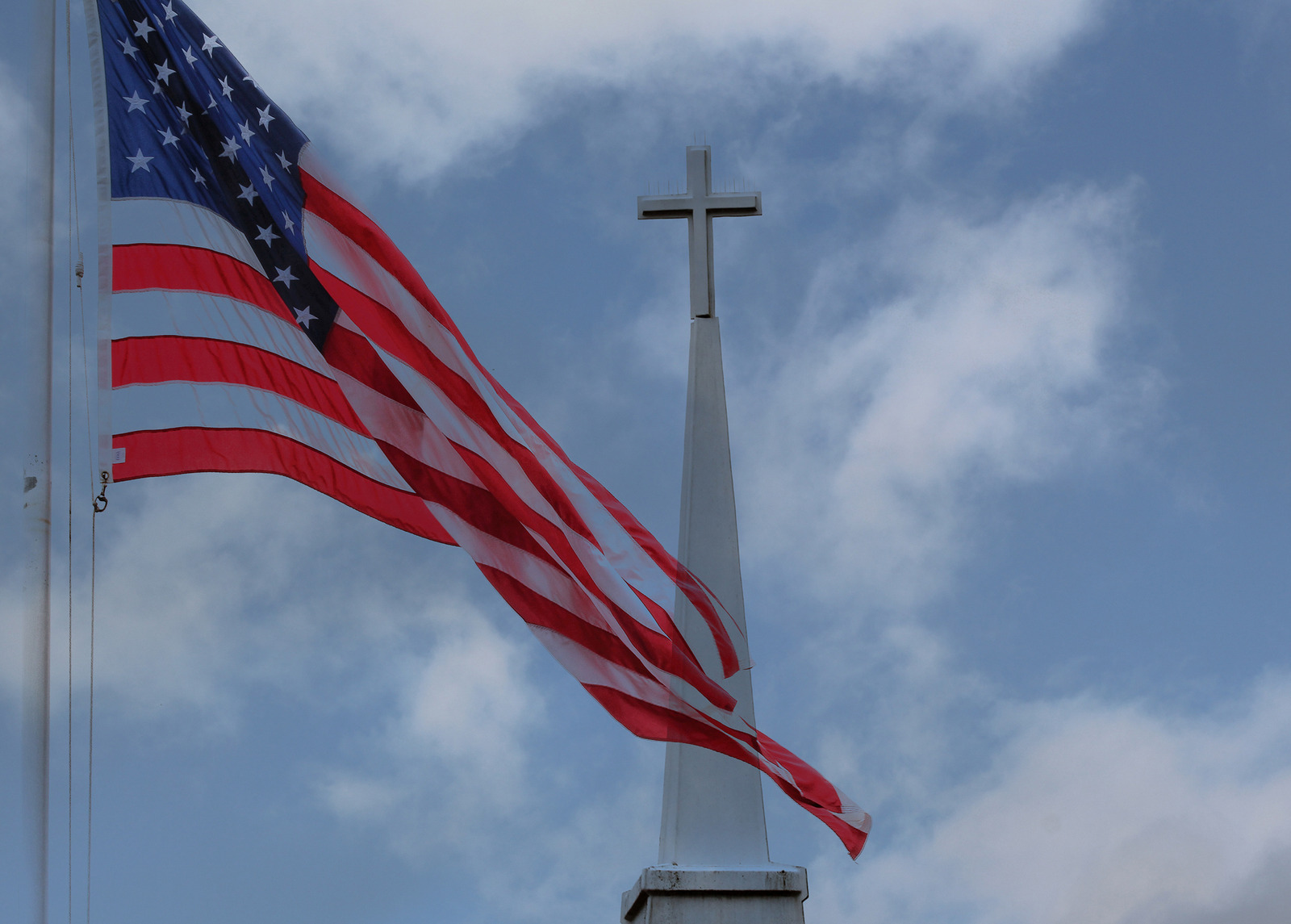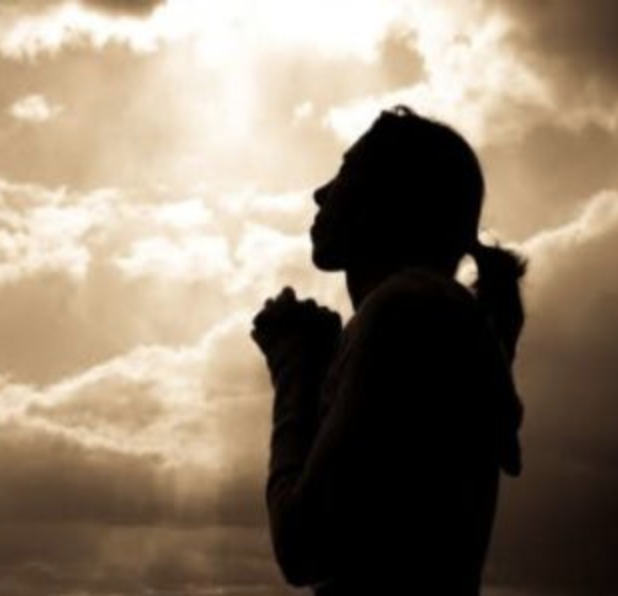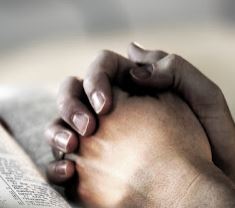All atonement theories get it wrong by substituting beliefs about Jesus for the way (his virtues, values, and practices) of Jesus that he taught us by word and deed.
The four gospels all tell a different story with regard to Jesus’ life, death, and resurrection. The facts are all different, but the essence is the same: something divine was present in Jesus.
Throughout my ministerial service, numerous people have expressed to me their discomfort and disagreement with the language of the "Lord's Prayer." For years I didn't 'get it,' and I used the "traditional" version (which, of course, is not Jesus' words as he did not speak English).
The four gospels all tell a different story with regard to Jesus’ life, death, and resurrection. The facts are all different, but the essence is the same: something divine was present in Jesus. The values he taught and lived were sacred.
Today is Holy Saturday, that period of mourning, disillusionment, anger, fear, and other heart-wrenching emotions that occurs between our recognizing the realities of injustices and tragedies of the past and present, and our harboring the hopes for life and resurrection that hang on tenuously, if at all, for a better future.
Have you ever wondered what Jesus did to deserve being tortured and crucified to death? How could someone so good be treated so inhumanely?
Happiness is often assumed to be the aim of life -- that state of being where life is at least fine, if not blissful. But is it? Too often people, even the wisest among us, assume happiness is this idyllic bubble where you just change your mindset and your problems either go away, or you overcome them with a choice of the mind.
Tune: St. Christopher 76.86.86.86
Jesus is not my scapegoat / for any wrong I’ve done It isn’t fair to place on him / what he had never done
I was blessed at birth And have struggled to reclaim the blessing In my innocence, I was loved unconditionally Simply for being me,
If we all have a soul, and that soul contains the image of God or God's virtues and values, then our individual deaths are not the end of what is most important about us. It is shared by all.
Tune: Gordon 11 11.11 11
O God, who does love me / And brought me to birth With me through my childhood / You welcomed my mirth I still can remember / When to you I would pray You promised to love me / To never skip a day
O God, let us take in the moment of this day of crucifixion, not remembering it in the context of what came after it, but how it left Jesus’ disciples and followers in tragic sadness and heart-wrenched disillusionment.
Blaise Pascal wagered that it is better to believe in God as if God existed than not believe as if God didn't. He argued that if God exists and we believe, then we are positioned by our beliefs to gain eternal happiness; whereas if we don't believe, then we might have positioned ourselves for eternal torment in hell for not believing. The gains or losses are therefore infinite if God exists.
I used to think that the addition of ‘another member of the church’ was a cop-out, and that we really should forgive everyone without counting. Yet in another place Jesus specifically tells his disciples to kick the dirt off their feet as protest to those who will not accept them. This doesn’t sound like forgiveness. Was he contradicting himself? Some would say ‘yes.’ I have even done so myself. But my own cultural circumstances in 2020 have made me revisit this and come out with a different conclusion.
Matthew 18.21-35
Let us use our moral imaginations to try to give Jesus the benefit of the doubt (just as we should do with each other in our daily lives). We all know that there are those who are poor and suffering who still side with the wealthy and healthy rather than with their own people. It is ironic, but we see such things common even in our own time.
When we care enough to listen to others, not so much as to give them advice, but to understand them...not so much to solve their problems but to be their confidante...not so much to inspire them but to be there for them, we become to them a trustworthy friend.
We are all spiritually, if not physically/chemically, intertwined to symbiotically and synergistically coexist for the mutual benefit of all.
Incarnation is about that which is divine becoming real in what is natural, banal, human, or secular. What is the divine?
As long as we treat Biblical and political statements as distinct, we have given up the power of the divine message.
From cradle to coffin we live out our time We ponder existence seeking reason and rhyme
Prayer invites us to quiet our spirits, to quell the distractions that otherwise avert our attention from virtues to banalities of existence.
Prayer invites us to quiet our spirits, to quell the distractions that otherwise avert our attention from virtues to banalities of existence.

